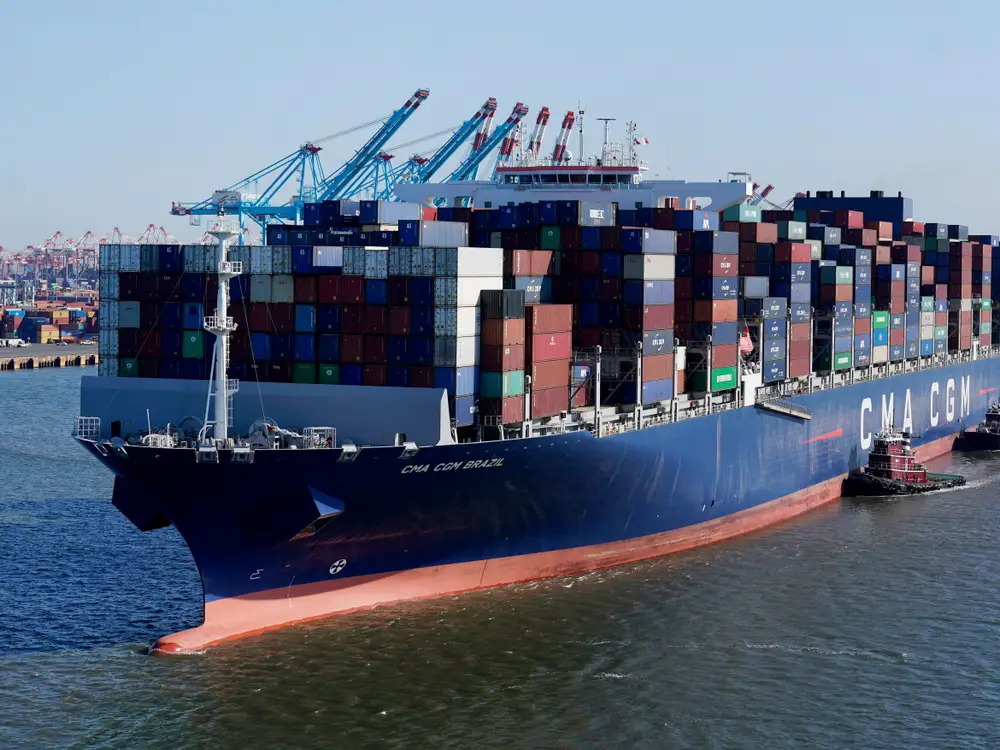Russia’s invasion into Ukraine is likely to send ocean and air shipping rates skyrocketing at a time when the global supply chain is still reeling from the pandemic.
Ocean rates could double or triple due to the invasion, according to Glenn Koepke, the general manager of network collaboration at the supply chain consultancy firm FourKites. Koepke told The New York Times that shipping rates could surge from $10,000 per 40-foot container to $30,000, while air freight rates could jump even higher.
Since the pandemic started, ocean shipping rates have hit all-time highs. Koepke warned the war could be yet another blow to the global supply chain. He noted that while the shipping industry hasn’t hit its peak season « companies are ramping up for summer volume, and that’s going to have a major impact on our supply chain. »
Russia’s invasion has heavily impacted cargo ships that traverse the Black Sea — a key route for oil and bulk food exports. Since Thursday, several ships have been fired upon or detained.
On Monday, the UK banned all Russian ships from entering its ports. Meanwhile, shipping executives and port officials in Belgium, Holland, and Germany have said cargo ships that are destined for Russia will be stopped and inspected.
The conflict has caused many vessels to reroute, exacerbating congestion at other ports in Europe as Ukraine’s largest port shutdown on Thursday. Over 200 ships are waiting to cross the Kerch Strait as of Monday, according to data from Lloyd’s List. The channel connects the Black Sea to the Sea of Azov.
« All those hubs in Northern Europe are already pretty congested, and every little thing that delays cargo flows will intensify the problem, » Vincent Clerc, head of ocean and logistics services at Maersk told The Wall Street Journal.
On Tuesday, one of the world’s biggest shipping companies, Maersk, announced that it would temporarily suspend shipments to and from Russia and Ukraine. The shipping company joined ONE, MSC, and Hapag-Lloyd in the decision — a move that will impact at least 47% of global container shipping.
The shipping leaders’ decision to cut off Russia will further hamper the country’s ability to send and receive goods, which has already been restricted by Western sanctions.
Global air freight also faces several difficulties amid the invasion. To date, Russia has closed its airspace to 36 countries, forcing shipping planes to find new routes. Flexport’s principal supply chain economist, Chris Rogers, said on Monday that the conflict will have a negative impact on global air freight capacity and raise air cargo prices as carriers are forced to take longer routes and spend more money on fuel.
Experts have previously told Insider that additional transportation costs will likely be passed on to customers.
The conflict could send gas and food prices higher at a time when inflation in the US is already at its highest level since the 1980s.

